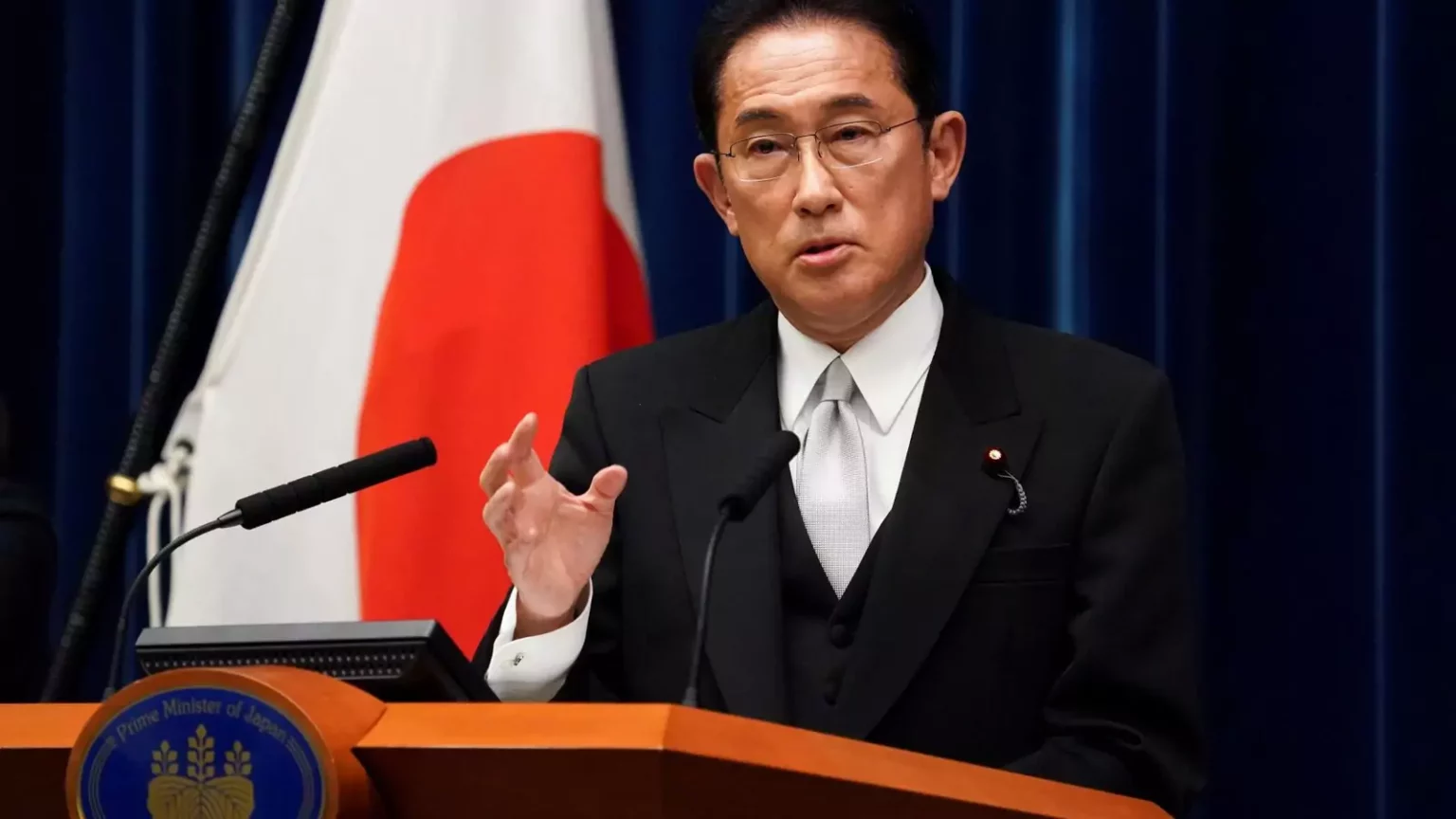Officials from Japan and NATO agreed Tuesday to increase military cooperation including joint drills, citing fears the Russia’s invasion in Ukraine is deteriorating the security situation in Europe and Asia.
During meeting of NATO Military Committee Chief Rob Bauer, Japanese Defense Minister Nobuo Kishi stated that Japan intends to improve its ties with European countries and supports NATO’s growing role in the Indo-Pacific area.

The security of Asia and Europe
“The security of Asia and Europe are inextricably linked,” Mr. Kishi said, “especially now when the world community is confronting major challenges.” Mr. Bauer’s visit to Tokyo coincides with the participation of Japan’s Maritime Self-Defense Force in NATO naval exercises there in Mediterranean Sea. In contrast to it’s own relations with the United States & partnerships with the other nations in the Indo-Pacific area, Japan has been boosting its military capabilities & cooperation with Europe.
Fumio Kishida, the Prime Minister of Japan, has also been invited here to NATO summit later this month and therefore is reportedly considering attending, making him the very first Japanese leader to do so.Koji Yamazaki, Japan’s military chief of staff, attended a NATO meeting in Belgium for first time in May. Mr. Bauer applauded their greater commitment to addressing “common security concerns.”

Spending 2% of their GDP in Defence
Japan rapidly followed the US and Europe in slapping sanctions on Russia and pledging support for Ukraine, claiming that the crisis not only affects Europe but might also empower China to push itself more assertively in the Indo-Pacific.
Eventually on Tuesday, PM Fumio Kishida’s Cabinet has approved an annual policy plan calling for a drastic increase in defence capabilities & spending within five years, citing rising tensions with Taiwan and NATO members’ commitment to spend 2% of their GDP on defence — more than twice Japan’s existing military spending of just over 1% of GDP.
The plan asks for pre-emptive strike cacapabilitie, as well as the, development and reinforcement of space, cyber, and electromagnetic defences, as well as unmanned weapons – a significant move that opponents argue falls beyond Japan’s self-defense-only policy.
READ MORE-Ukrainian President urges for more support from NATO













